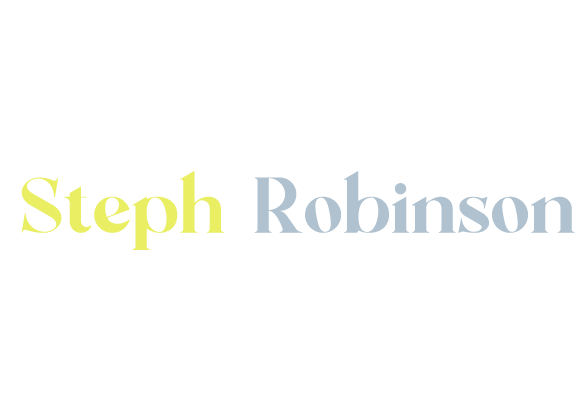Why Fishing Will Never Be Enough
It is a common adage these days:
Give a man a fish, feed him for a day. Teach a man to fish, feed him for life.
This saying originated, most likely, from Chinese Taoism founder Laozi. It is a phrase that is fairly straightforward: it is better to teach someone than to give them something fleeting.
Indeed, it is wiser to learn than to depend on handouts. All of us should seek to learn rather than depend on people for that which we do not know to do. In the foreign aid world, this phrase is shouted from the rooftops, often and loudly. Some days, it seems like it is being used to do whatever we want under the guise of "teaching a man to fish."
Lately, I have wondered what it means when well-intentioned folks concerned with the "right way" to do things end up condescending people by "teaching" them...perhaps even that which they already know? Who is the gatekeeper these days, in the world of international development, to determine what people already know?
Imagine a young, American girl teaching a Haitian man how to work with cement (clears throat, that'd be me). I spent an entire summer trying to prove myself and that I had something to offer through teaching. I stood in front of my friend, showing him the "proper" way to use a trowel. While my Haitian friend was gracious, he already knew how to use it. As soon as I "let him" take the trowel and test his cement-wielding skills, he quickly covered the section with the grace and ease of a trained mason. My pride took a hit here. In my pursuit of teaching a man to fish, I was not thinking things through. The problem was this: I was not a qualified teacher and the people I was teaching did not need an education.
This is where my digging deeper into this (truly, at one point, good) phrase began. As I looked around within the context of my own work, I realized that I had allowed this phrase to be my guide without thinking much about what it meant. What...did it mean to me? It was loaded, and also not something that I'd ever considered.
As I considered what it meant to "teach," I'd never considered what it meant to be taught. What were the people I was forcing my "teachings" on actually gaining? I did not ever consider the power-plays that are a very real part of working cross-culturally. If you are an American reading this, you might think that someone wouldn't sit through a teaching if they knew how to do things already. The truth is that many, many cultures want to honor and respect the people who have come to help them, even if they deem them un-helpful. So, they listen and we reinforce the narrative that they've been hearing their whole lives: you're dumb; I'm smart.
Photo by Dani Harriott
There is another way, though. I think it's high time we added some context to our cry of "teaching people to fish." In one of my textbooks, I read the phrase that went something like this:
"It is often times not enough to give people a lesson in fishing. If they have a pole and the knowledge, it doesn't matter if they don't have a place at the pond."
It never occured to me that once a person is equipped with knowledge, we have to do something different to help them have a place at the pond. Aid workers, short term volunteers, and literally anyone who is a person of power working in a community of people who have a history of being without that power, listen up: we have to do better.
We have to stop thinking that we can do whatever we want and slap a bow of "empowerment," or "training" on it and call it a day.
We aren't just doing something for a week or a month. We aren't just running a program. We are getting involved in people's lives. Whether you volunteer down the road in a cross-cultural setting or whether you're like me, and spend a large chunk of your life on foreign soil, there is room for us to grow. We should all challenge ourselves and the people around us to learn more about who we are attempting to teach, about why they need to learn this information, and about what they have to teach us. Here are a few questions to help you plan ahead:
1.) Has this community expressed a need for education and training in this specific area?
2.) Is the person teaching qualified? If so, what qualifies them? Would you accept training from them?
3.) What do you have in mind to plan for after community members are educated and trained?
We can all learn from one another. We can share and grow together. But, we first have to be honest with ourselves. Let us in the west and in privileged communities stop telling folks that they need to learn from us. Let's stop telling ourselves we are "teaching men to fish" when that really can mean "keeping people from having a place at the pond." Let's all move forward together.



